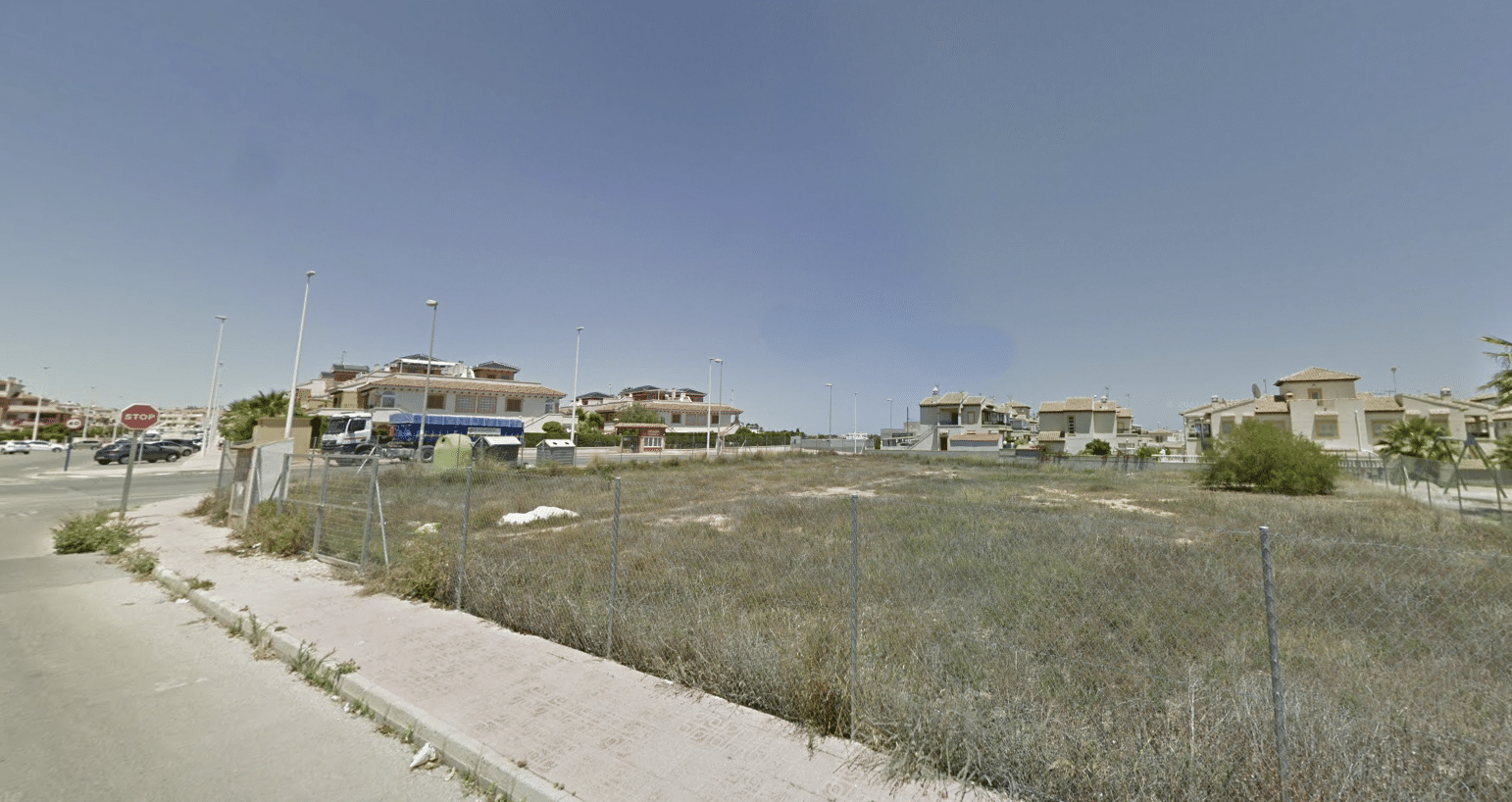Copyright theleader

A private developer has requested permission from Orihuela City Council to reclassify two plots in Playa Flamenca—currently reserved for social, administrative, and healthcare use—into residential and tertiary zones to make them more profitable and better aligned with the area’s tourism and housing trends. The proposal, now open to public consultation for 30 working days, aims to amend the “Citrus” partial plan approved in 1992 and modified in 2010. The applicant, Costa Mar Torrevieja Internacional, argues that allowing residential and mixed-use developments (including hotels, shops, offices, and recreational facilities) would address the town’s growing housing pressures. The company highlights a rental market that has risen by over 20% in the past year, with demand for both permanent and holiday accommodation exceeding supply. The affected plots lie along Calle Navelate, between Avenida de California and Calle Limón. The project envisions the construction of 15 terraced homes, each around 140 square meters and up to two stories high, designed to accommodate approximately 38 residents—just ten more than the capacity under the current zoning. The developer claims the area already possesses sufficient land for schools, health centers, and sports facilities, along with ample green and public spaces. Therefore, many of the social needs that justified the original zoning have, in its view, been met through other nearby developments. Costa Mar Torrevieja maintains that the modification would respond to the changing urban reality of Orihuela Costa, where sustained population growth and tourism have created a strong need for new housing and hospitality spaces. The company argues that diversifying land use would make the area more functional and compact, boost economic activity, and generate municipal revenue through both direct and indirect channels. Economically, the proposed change would increase the land’s value from roughly €900,000 to €1.4 million, yielding a gain of about €444,000. Under planning regulations, the City Council would receive 10% of this added value—either as land or an equivalent financial contribution of around €44,000. The developer concludes that the reclassification would not only enhance its own ability to develop the currently vacant plots but also serve the public interest by revitalizing the urban fabric, creating jobs, and expanding services that benefit both residents and visitors in one of Orihuela Costa’s fastest-growing districts.



